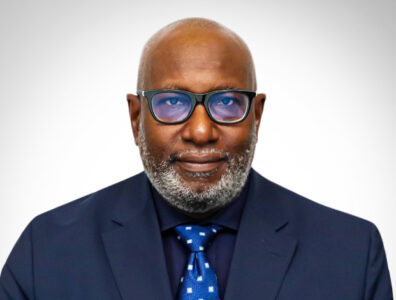
Ghana has invited India to invest in making the country an oil and gas hub for Western Africa, Ghanaian Deputy Minister of Energy William Owuraku Aidoo said on…
READ MORE
Oil reserves2.5 billion barrels
Oil production150,000 bopd
Gas reserves22.7 bcm
Gas production7.93 mcm
Ghana’s oil and gas industry rose into significance upon the discovery of massive deposits in its offshore Jubilee field, which began production in 2010. Since then, satellite discoveries have been made on Ghana’s five sedimentary basins, significantly increasing the small African country’s importance among the continent’s oil and gas producers. However, Ghana remains less reliant on its hydrocarbons production than its Sub-Saharan African neighbours such as Nigeria, Angola and Gabon, with gold as its largest export and its services sector representing around half of the country’s GDP.
The hydrocarbons industry is supervised by the Petroleum Commission, which oversees upstream bid rounds and enforces state guidelines surrounding oil and gas production. The sector is dominated by state-run Ghana National Petroleum Corporation, created in 1983 to champion activities in the upstream sector. International E&P companies have joined the country in developing its upstream assets, including Tullow Oil, ExxonMobil and Aker Energy. The market is seen as attractive due to low lifting prices and a stable political environment.
The government set up the privately run Ghana Gas Company in 2011 to build, own and operate infrastructure required for gathering, processing, transporting and marketing the nation’s gas resources. The company has actively developed Ghana’s successful downstream sector, which now looks to supply gas to rural areas, lower the use of diesel and heavy fuel oils in power generation and electrify the entire country. Ghana aims to become a gas trading hub for West Africa through its LNG terminal in Tenma and related infrastructure but is met with stiff competition from the region.
“Since the discovery of commercial quantities of oil in Ghana, the government has tried to expand Ghanaians’ participation in the oil industry, in both the upstream and downstream sectors,” Ghanaian Minister of Energy Matthew Opoku Prempeh told The Energy Year. “There’s been a huge agenda on capacity building for Ghanaians, including localisation of contracts and subcontracts, where local contractors participate in various fields. It’s not just about IOCs coming in to explore and produce.”

The Africa Energy Bank, a fund created to address gaps in oil and gas project finance in Africa, is on track to begin operations…
READ MORE
Tullow Oil has released its 2023 full-year results, unveiling plans to spend at least USD 160 million in Ghana.
READ MORE
Chinedu Maduakoh of Topline talks about the narrative surrounding the Nigerian energy industry.
READ MORE
Laurent Maubre of Dorman Long Engineering talks about opportunities for services providers in Nigeria’s energy industry.
READ MORE
Emeka Ene, managing director of Oildata Energy Group, talks to The Energy Year about the Kwale Gas Gathering (KGG) project,…
READ MORE
Tullow Oil has surpassed production of 100,000 bopd at the offshore Jubilee field in Ghana, the oil and gas independent…
READ MORE
Ghana has invited India to invest in making the country an oil and gas hub for Western Africa, Ghanaian Deputy Minister of Energy William Owuraku Aidoo said on…
READ MORE
Eke U. Eke, CEO of SpringRock Group, talks to The Energy Year about the improving market conditions for Nigerian oil and gas production, the group’s production…
READ MORE
Chuck Nwapa and Jimi Oyelola, managing director and chief financial officer of Plus Petroleum, talk to The Energy Year about competition in the bunkering sector in…
READ MORE
Mario Gomes, co-president of Grupo Simples, talks to The Energy Year about the relationship between IOCs and local service providers in light of the local content…
READ MOREWHOSE PLATFORM IS THIS?
ASK US